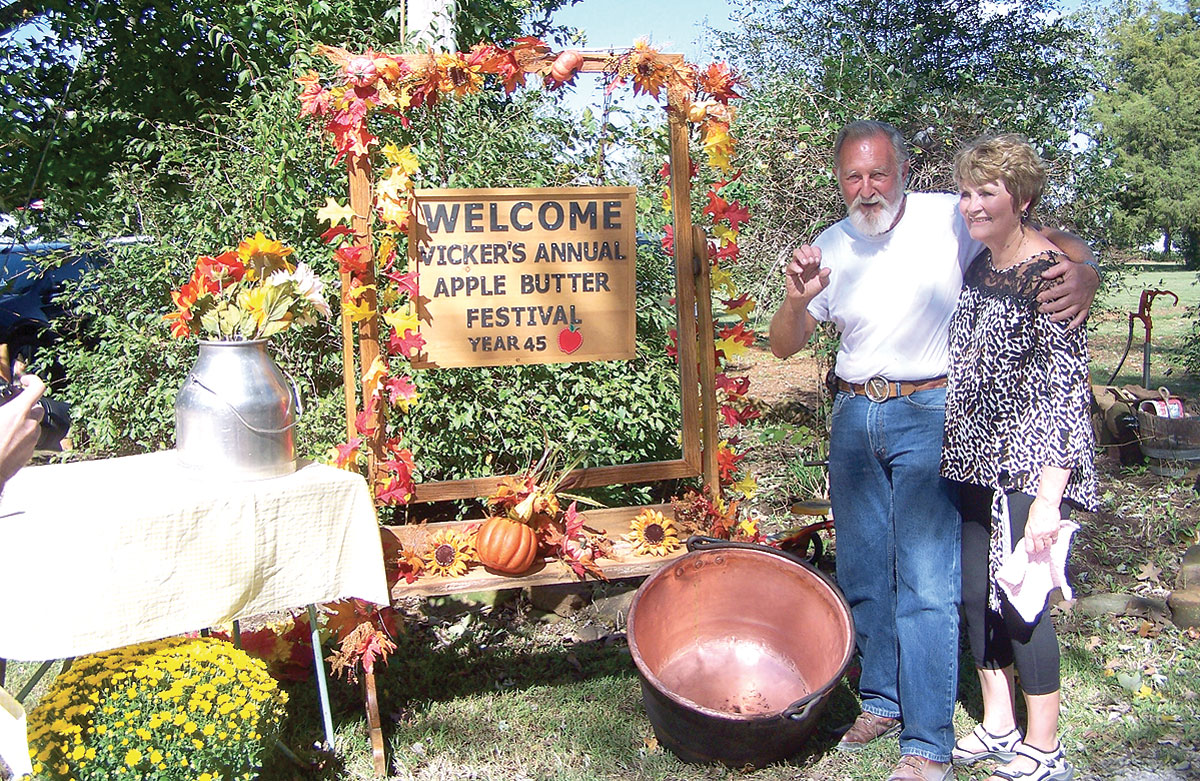
LonesomePine Boers began as a hobby and now breeds show goats
MOUNTAIN GROVE, MO. – These days, it’s not uncommon for someone born in a small town to abandon rural life and head to the big city. But what about those who want to do the opposite?
Jennifer Phillips and her husband Troy moved from Springfield, Mo., to Mountain Grove 35 years ago.
“We wanted out of the big city,” Jennifer said.
They purchased a 43-acre farm in the south-central part of the state. Around 1990, Jennifer’s children received their first goat, an Alpine/Nubian cross named Piney, igniting Jennifer’s passion for raising goats. In 2008, she discovered the Boer breed, starting with a bottle baby named Sugar Creek.
“It was just a hobby at first,” Jennifer said. “Then I got involved with our county fair and the local 4-H and FFA chapters and started raising wethers to sell.”
Jennifer has honed her breeding program to ensure the highest quality goats.

“I like to breed for kids to be born starting in November,” she explained. This timing ensures the wethers are at an optimal weight for county fairs and avoids the stress of hot and humid summer conditions. The breeding buck is introduced around mid-April and removed by Labor Day; this ensures a controlled and productive breeding season.
Currently, the LonesomePine Boers herd consists of 12 breeding does, one buck, and eight doe kids born in January, which Jennifer plans to keep as replacement does. The farm aims to produce healthy, robust goats primarily marketed through word-of-mouth, Facebook, and shows.
“I have a waiting list that starts each year around August for wethers for the next year,” Jennifer said.
Jennifer and Troy prioritize the health and well-being of their goats through sustainable feeding practices. The farm boasts fescue, brome, and lepidozia grass, the latter serving as a natural goat wormer. Rotational grazing across three fenced fields minimizes worm issues and maintains pasture health. Grain feed, mixed 50/50 from local MFA supplies and salt, mineral blocks, and goat-specific supplements, ensures a balanced diet.
“With my kids, they are on full feed once they start eating grain with the mom,” Jennifer added.

Daily feeding routines allow Jennifer to monitor her goats closely, catching potential health issues early. Monthly hoof trimming and worming only as needed to prevent overuse and resistance. Pregnant does receive BOSE and CDT shots about 30 days before kidding, along with copper bolus treatments for overall health.
Jennifer manages to balance her full-time job with a major insurance company with the demands of the farm. Her day starts at 4:45 a.m. and concludes at 3:30 p.m., followed by farm chores around 4 to 5 p.m.
“Chores take up to an hour daily,” she said.
Starting the farm presented challenges in feeding schedules, pasture management, and determining the optimal number of goats for their land. Jennifer emphasized that “it all takes time and dedication and the love for animals to make it all work out.”
Memorable moments include taking her grandkids to local fairs and watching them show the goats they’ve prepared and seeing other kids succeed with goats purchased from LonesomePine Boers.
As for future plans, Jennifer plans to continue maintaining the farm’s successful operations while remaining open to opportunities for growth and improvement.
“Just going to take it day by day,” she said.







